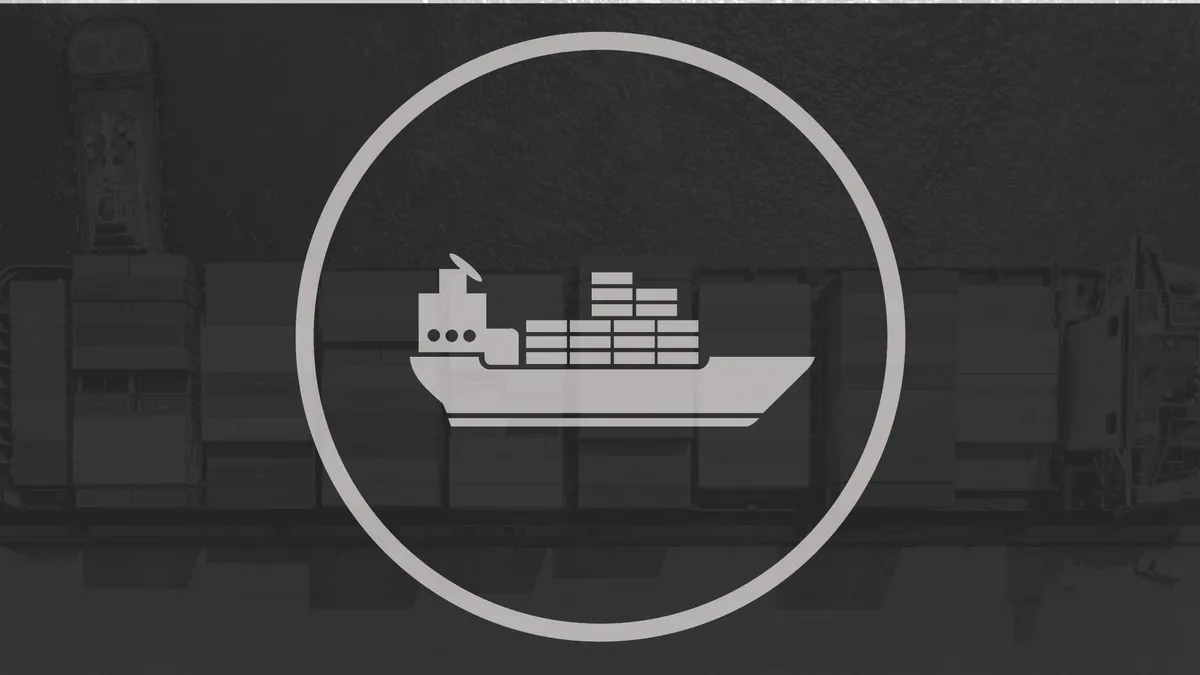Dive Brief:
- The Ports of Los Angeles and Long Beach, and the Northwest Seaport Alliance, saw year-over-year (YoY) loaded import volume declines in 2019 while East Coast ports saw volume gains.
- The Port of Long Beach saw the largest decline with an 8% drop in imports, while Savannah saw the most growth at 7%.
- West Coast ports have blamed the ongoing trade war for the volume decline. Port of Los Angeles Executive Director Gene Seroka said the uncertainty also had an impact on exports, according to a press release.

Dive Insight:
Overall volumes on the West Coast still dwarf the East Coast. Loaded imports at Savannah grew by 7% YoY in 2019, but in December its total volume for the month (172,124 TEUs) was about half that of Long Beach (323,231 TEUs).
East Coast ports have been gaining market share following the expansion of the Panama Canal. Neopanamax ships allow more cargo to flow through to the East Coast. Volume has been growing on the West Coast over the last few years too, but at a slower rate, according to the real estate firm JLL.
National ports have dealt with uncertainty from the trade war for a couple of years now. This has resulted in surges in imports as retailers stockpiled inventory ahead of tariffs and then declines as supply chains shifted or slowed. But there are expectations that 2020 could bring a return to normalcy.
"We’ll be more confident after we see the Phase One agreement signed, but right now 2020 looks like it should be back to what used to be normal," NRF Vice President for Supply Chain and Customs Policy Jonathan Gold said at the beginning of last month.
With that deal now signed, the trade environment may gain clarity. But the growing threat of coronavirus is adding another wrinkle to global trade.
Coronavirus has not had an impact on rates thus far, which remain stable and lower than this time last year, according to Freightos. If production delays continue at Chinese factories though, the coronavirus' effects could be felt in the shipping industry.
"Should the shutdown get extended by a week, the backlog would be doubled, pushing freight rates up and likely leading to delays for many shippers. Limited trucking capacity could also cause some cancellations," Freightos CMO Ethan Buchman said in a press release emailed to Supply Chain Dive. " This backlog could also motivate some time sensitive importers to shift modes from ocean to air."















